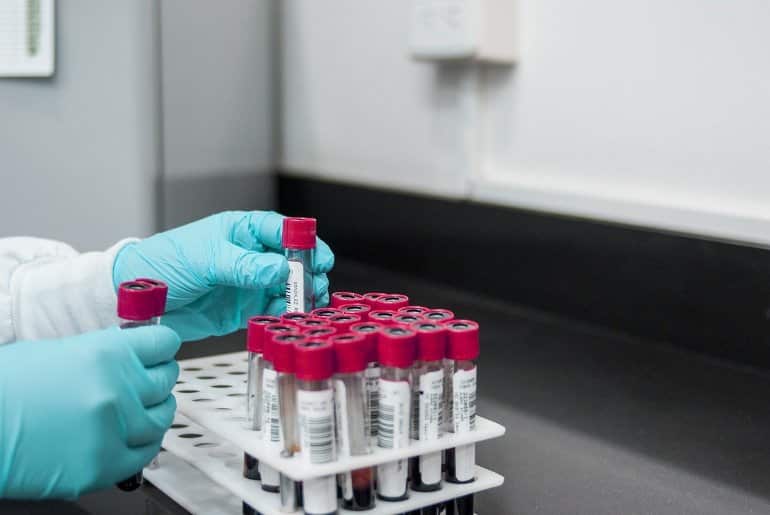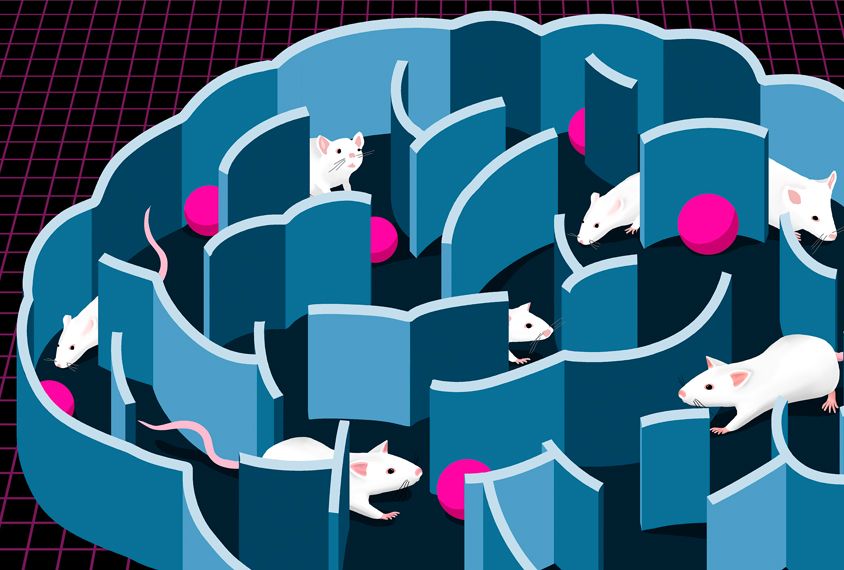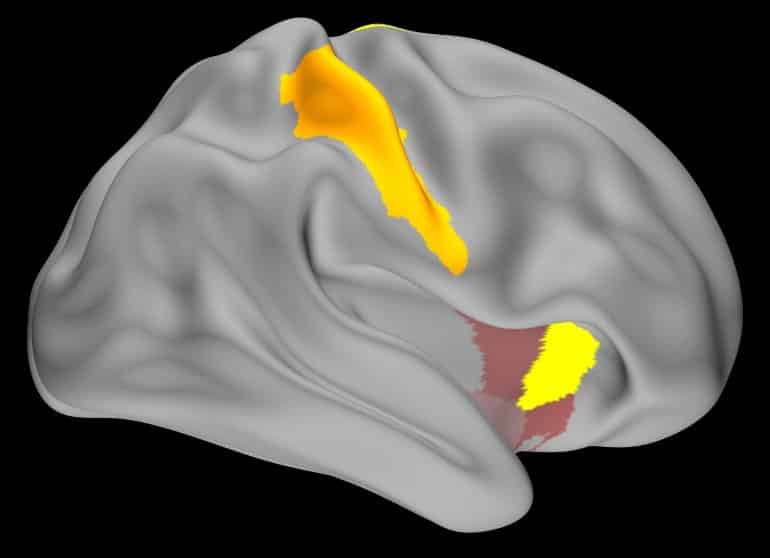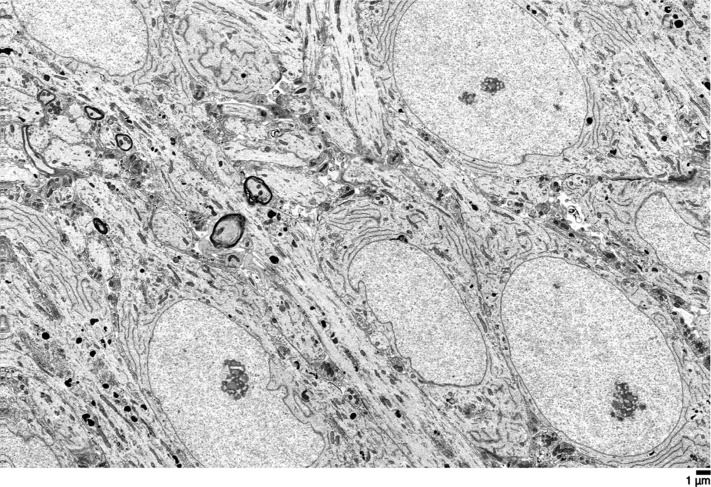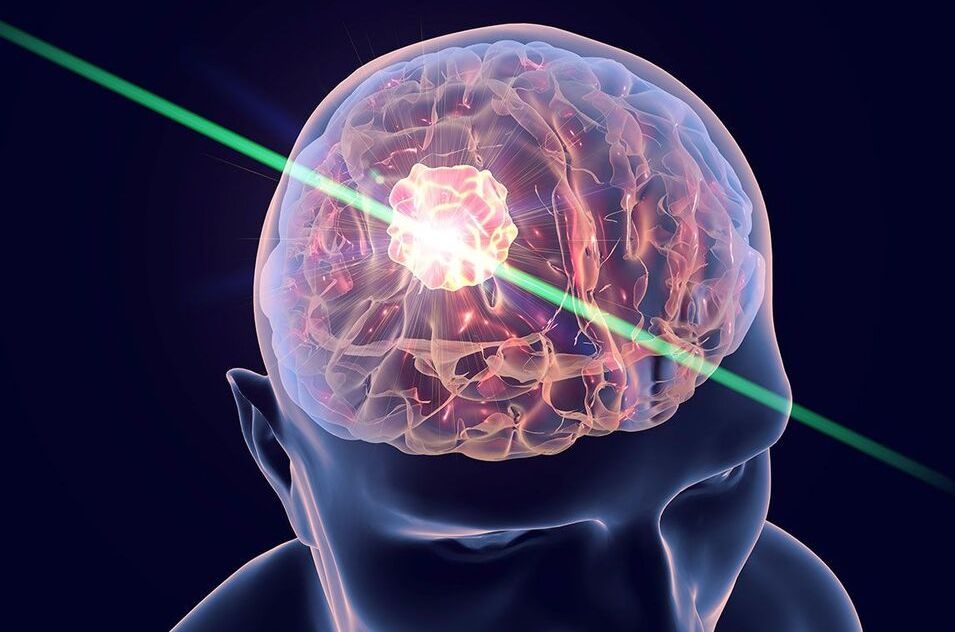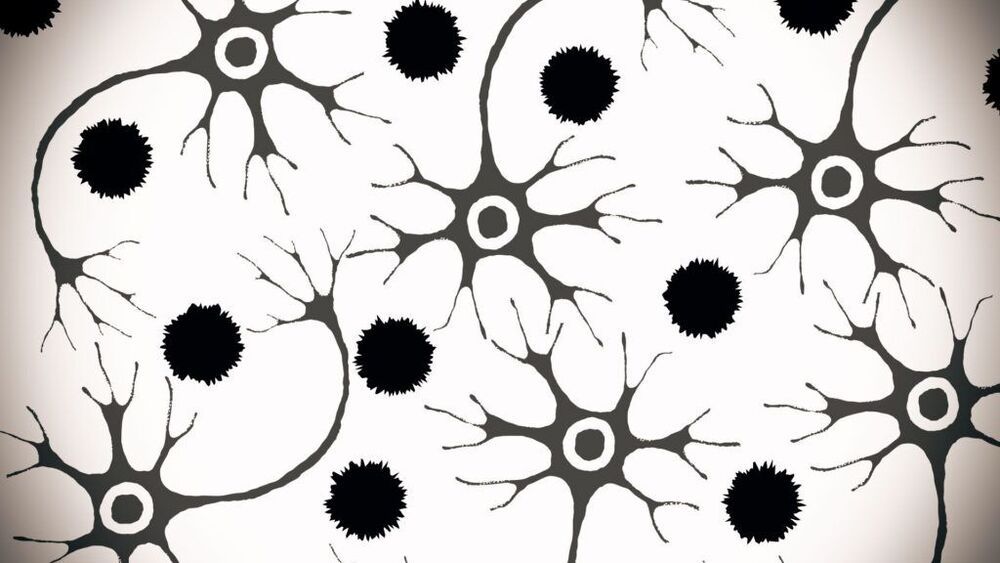Summary: NfL, a single biomarker in the blood, can accurately predict the presence of underlying neurodegenerative disorders, such as FTD and ALS, in people with cognitive problems.
Source: King’s College London.
Levels of a protein called neurofilament light chain (NfL) in the blood can identify those who might have neurodegenerative diseases such as Down’s syndrome dementia, motor neuron disease (ALS) and frontotemporal dementia, when clinical symptoms are not definitive.
